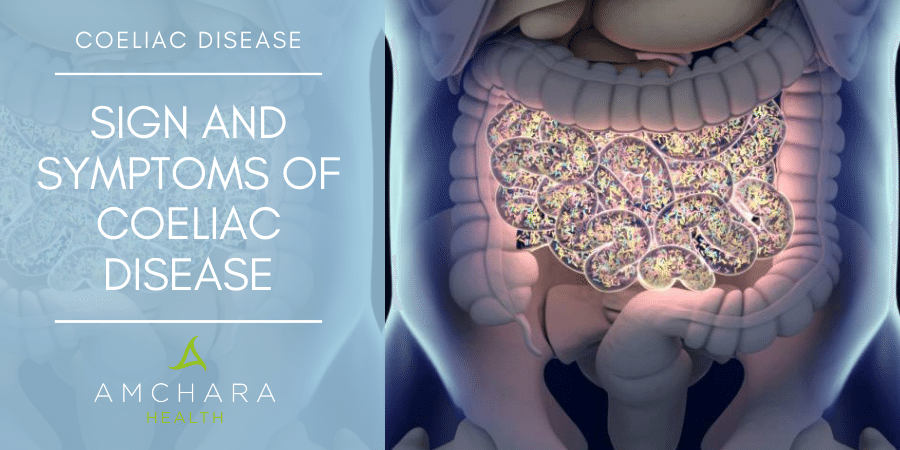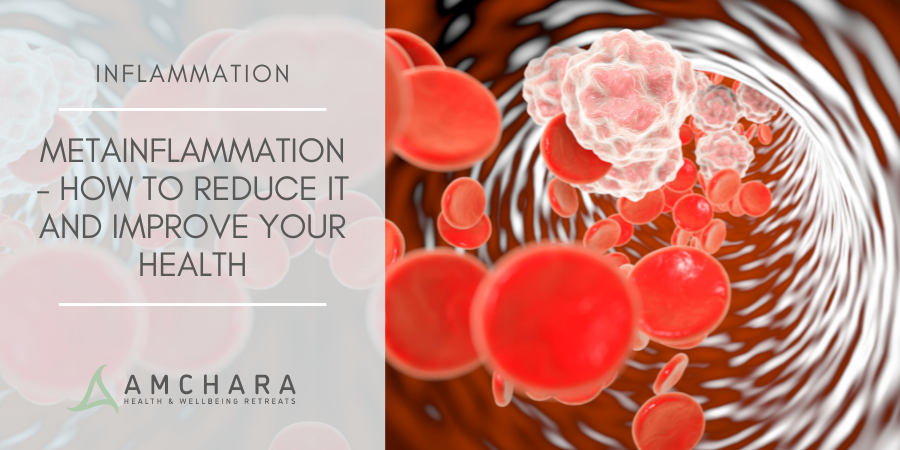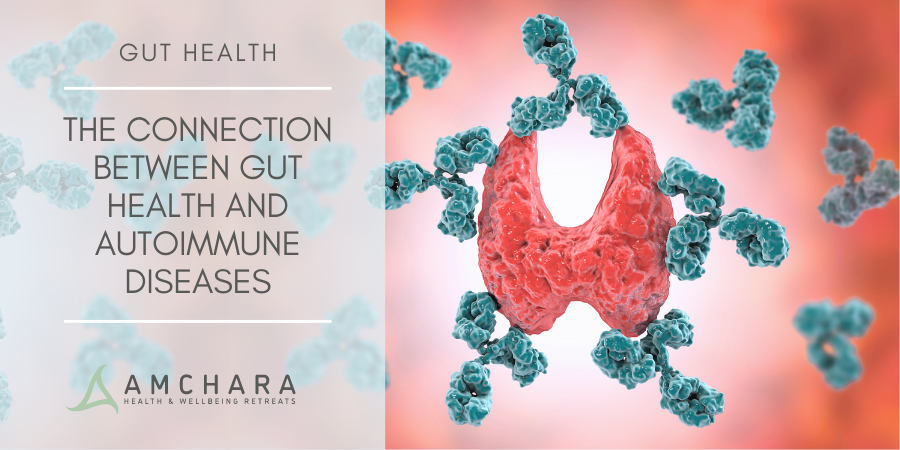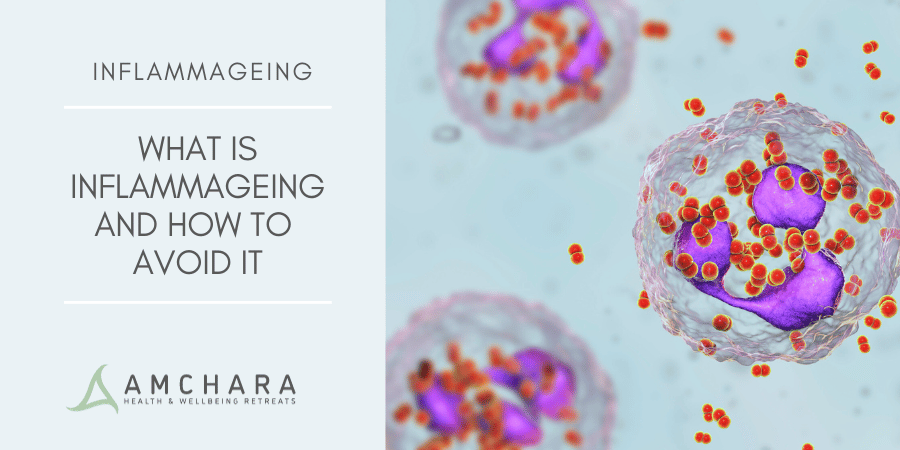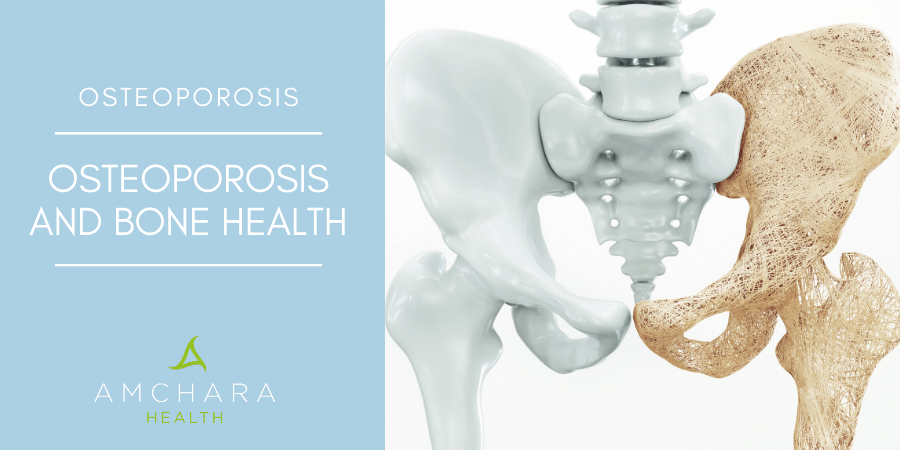For many years Coeliac disease (CD) was thought to be a relatively rare condition, however, nowadays it is understood to be one of the most common gastroenterological conditions worldwide. (1)
In the UK alone 1 in 100 people suffer from this condition and of those, up to twice as many more women than men are affected. (2)
What are the Causes of Coeliac Disease?
Medical experts have identified that CD is an autoimmune disorder of the small intestine, which results in malabsorption of nutrients, caused by a reaction to gliadin, a gluten derived protein.
In regions such as Europe and America where the average diet is high in foods containing gluten, there is an increased prevalence of CD.
Typical food sources of gluten include:
- Rye
- Barley
- Tricale
- Wheat
- Wheatberries
- Durum
- Emmer
- Semolina
- Spelt
- Farina
- Faro
- Graham
- Kamut
- Einkorn Wheat
- Malt
- Malted milk
- Malted barley flour
- Malt extract
- Malt syrup
- Malt vinegar
- Malt flavouring
- Brewers Yeast
- Wheat Starch
- Oats *
*Oats contain a compound called avenin, a protein similar to gluten that some people with CD may react to.
However, studies show that apart from a very small number of individuals, most people with CD can tolerate gluten free oats. (6)
Problems may still occur if oats are contaminated with other gluten containing grains, which can happen if the oats are produced in the same environment.
How does Coeliac Disease Develop?
When individuals with CD eat gluten containing foods the gut is exposed to gliadin and other gluten derived peptides, provoking an immune response that attacks the small intestines.
Pro-inflammatory chemicals released as a result of an immune response, affect the small finger-like projections called ‘villi’ that line the small intestines.
The immune reaction that occurs in CD can cause widespread damage to the villi which means nutrients cannot be absorbed properly by the gut. (3)
Although all the details of why CD develops are unclear it is known to have a genetic basis, which means it runs in families.
If you have a parent or a sibling with CD, you have a 1 in 10 risk of developing the condition.
Symptoms of Coeliac Disease
Symptoms vary considerably and some sufferers don’t display any of the typical symptoms associated with the condition.
However, if you do have any of the following symptoms you should contact your doctor for further investigations:
- Unexplained weight loss
- Diarrhoea
- Constipation
- Nausea
- Pale, loose, greasy stool
- Abdominal pain
- Cramping
- Bloatedness with abdominal distension
- Flatulence
- Mouth ulcers
- Nutrient deficiencies
- Fatigue
- Depression
- Anaemia
Long-term Health Effects of Coeliac Disease
Coeliacs have significantly impaired digestion and in severe cases this can lead to a critical lack of nutrients, preventing normal bodily functions.
It can mean poor recovery from wounds and infections or if left untreated can lead to other more serious problems such as:
- Type 1 diabetes
- Multiple sclerosis
- Dermatitis herpetiformis
- Anaemia
- Osteoporosis
- Infertility
- Miscarriage
- Lactose intolerance
- Nutrient deficiencies
- Pancreatic insufficiency
- Gall bladder malfunction
- Myopathy
- Dementia
- Epilepsy
- Migraines
- Intestinal cancers
Diagnosis and Treatment
Diagnosis is based on symptoms.
CD-specific antibody tests and in some cases a small bowel biopsy, which looks for damage to the villi.
People with CD have higher levels of certain antibodies in their blood. (4)
Treating Coeliac Disease
Once gluten is removed from the diet, it takes around two weeks to see symptoms improve (5) and about three months for symptoms to disappear completely.
The intestinal villi should return to normal after about six months.
Individuals with CD should ideally visit a qualified dietician or nutritional therapist for advice on a gluten free diet and regular monitoring for persistent symptoms or micronutrient deficiencies.
Coeliac Disease or Gluten Sensitivity?
The main difference between CD and Gluten sensitivity (GS) is that GS is not inherited or a result of an autoimmune response.
GS can be likened to lactose intolerance, which provokes uncomfortable digestive symptoms in response to specific foods.
What’s clear is that neither is caused by an immune reaction.
The symptoms generated by lactose intolerance are due to a deficiency in ‘lactase’, an enzyme needed to break down lactose.
Excessive lactase in the gut leads to gastrointestinal symptoms such as cramps and loose stools.
Individuals with GS often experience abdominal pain, diarrhoea or constipation and bloating, as well as a foggy head, poor concentration, headaches and fatigue.
This generally happens within hours of eating gluten, but the symptoms disappear once gluten is metabolised and eliminated from the body.
There is no lasting intestinal tissue damage such as exists in CD and therefore should not be any nutritional deficiencies that would normally be associated with damage to the villi.
It is unclear what causes GS but some scientists think that poorly digested carbohydrates categorised as FODMAPS (Fermentable Oligosaccharides, Disaccharides, Monosaccharides and Polyols), may be responsible. (7)
A Gluten Free Diet
Following a gluten free diet shouldn’t be too difficult as there are so many foods you can still eat freely including:
- Beans
- Meat
- Fish
- Tapioca
- Polenta
- Eggs
- Corn
- Seafood
- Nuts
- Almond flour
- Coconut flour
- Nut butters
- Sorghum
- Quinoa
- Flax
- Fruit
- Vegetables
- Rice
- Spices
- Herbs
- Potatoes
- Lentils
- Amaranth
- Arrowroot
- Buckwheat
- Cassava
Nowadays coeliacs are well catered for in terms of what is available commercially to buy.
Most supermarkets and health food stores have a good range of gluten free substitutes available ranging from gluten free bread to gluten free flour, pasta, crackers and biscuits.
But be aware that many processed foods will be full of additional ingredients that are not so good for your health.
Watch out for additives, preservatives, trans-fats and sugar.
Try making your own gluten free meals so that you know exactly what’s going into them.
Jamie Oliver’s website (7) has some delicious and easy to follow recipes to get you into the swing of gluten free cooking and if you’re really struggling, the ceoliac.org.uk website has also launched a gluten free checker ‘app’ (9) that could be invaluable when you’re out and about shopping.
Sometimes getting your head around a totally new way of eating can be challenging, but where CD is concerned it is vital that gluten is totally removed from the diet.
Seeking help from a qualified naturopath or nutritionist can help you to navigate your way through all the changes and give you the options you need to make day to day life easier.
If you’re interested in booking a consultation with one of our Amchara Personalised Health practitioners contact us.
READ THIS NEXT:
